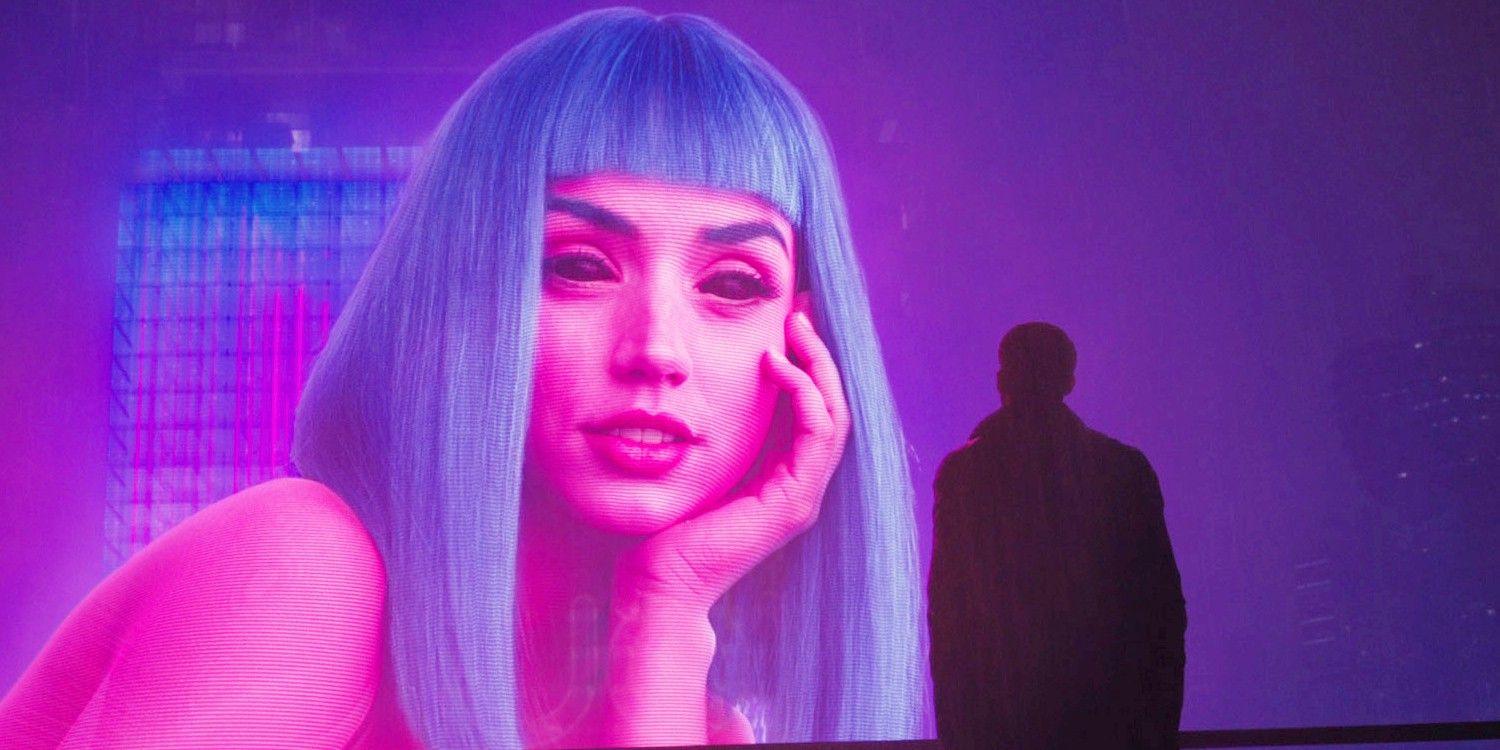Blade Runner 2099, a sequel to the original and 2049, will be an Amazon Prime series rather than a movie. There are many possible reasons for this.
Blade Runner 2049 is getting a follow-up in the form of Blade Runner 2099, but the new Blade Runner sequel will be a TV series rather than a movie. Blade Runner 2099 comes as the third live-action installment in the world of Ridley Scott’s iconic 1982 sci-fi noir, Blade Runner, and is in development at Amazon with Scott in an executive producer role. But while the series is a direct successor of the earlier films, it’s distinct precisely because the new Blade Runner will be on the small screen rather than the big screen for the first time.
Amazon’s Blade Runner 2099 show won’t be the first series set in the world of Scott’s original film, however, as the anime Blade Runner: Black Lotus concluded in February of 2022. A co-production between Adult Swim and Crunchyroll, it met with moderate success, and in some ways, it’s even possible that Black Lotus is better than Blade Runner 2049. Nevertheless, Blade Runner 2099 stands to set itself apart from the various anime projects set in the Blade Runner timeline because it’s live-action, still has Scott at the helm, and is being framed as a direct successor to the films rather than a prequel or spinoff. With all of these factors making it an official Blade Runner 3, then, it begs the question of why 2099 is happening as a TV series and not as a feature film.
The answer to this question lies mainly in Blade Runner 2049‘s performance back in 2017. Despite its big budget, stunning visuals, and direction by Dune‘s Denis Villeneuve, Blade Runner 2049‘s box office numbers were distinctly underwhelming. Thus, Blade Runner 2099 would potentially do similarly poorly as a feature film, and possibly even worse if audience expectations are low after 2049‘s flop. The Blade Runner sequel being a Prime Video series, by contrast, is a much safer bet. It allows the creative team to explore the complex world and flesh out characters in a way that can’t be executed in a film’s runtime. Here’s why the new Blade Runner will be on TV.
The TV Format Gives Blade Runner’s World Room To Breathe
Even the original Blade Runner, which is now considered a cult classic, reaped poor box office returns and split reviews back in its day, so it could seem odd that Amazon is attempting a new Blade Runner. The franchise is notorious for flopping at the time of release and only later being appreciated. This is where the plan to do Blade Runner 2099 as a series could be a smart move, though. Blade Runner and 2049 bombing at the box office came down to slow pacing and weak character development, two issues that the series format is uniquely primed to address. If done correctly, a show can get away with the wandering pace Blade Runner‘s two films favor. Likewise, the longer duration of a series will allow for better character development if the creative team can effectively guide it.
Blade Runner‘s greatest strength is worldbuilding, meaning there is still plenty of good content to be mined if handled properly. This is most likely why the franchise is continuing despite 2049‘s lackluster performance, coupled with the fact that streaming services love to capitalize on recognizable properties. As for why Amazon’s Blade Runner 2099 show will be a Bladerunner series rather than a movie, it seems to be a paradoxical combination of playing it safe financially and giving the franchise a new opportunity to really stretch its wings in terms of story building.
Blade Runner: Black Lotus Proves Blade Runner 3 Is Best As A TV Release
Adult Swim’s entry into the Blade Runner franchise is the anime series Blade Runner: Black Lotus. The series aired in early 2022 on the Adult Swim network. Unlike Blade Runner 2049, the Blade Runner: Black Lotus anime was met with mostly positive acclaim from Blade Runner fans. The 13 episodes of the show focus on the female replicant Elle, voiced by Jessica Henwick in the English dub. Blade Runner: Black Lotus sits in the timeline between Blade Runner and Blade Runner 2049. While there were of course some complaints from the notoriously meticulous Blade Runner fandom, Black Lotus did receive praise for its pacing and how the TV show format fleshed out the on-screen Blade Runner universe much more than recent film entries.
The relatively positive reception of Blade Runner: Black Lotus compared to Blade Runner 2049 makes a strong case for Blade Runner 3 being a TV series rather than a movie. The universe of Blade Runner is deep and complex. There are many rich philosophical questions and themes explored in the original, which is why the very arguably overrated Blade Runner gained such a huge cult following. For audiences that have now spent decades mulling over the world of Deckard and replicants, the few hours offered by the movie format feel restrictive. It simply doesn’t provide enough space to explore the Blade Runner universe with as much detail as fans want. As proved by the perceived strengths of Blade Runner: Black Lotus, a TV series would give Blade Runner 2099 the space and pacing flexibility to dive deeply enough into the rich and intricate setting that will leave viewers enriched.
About The Author


